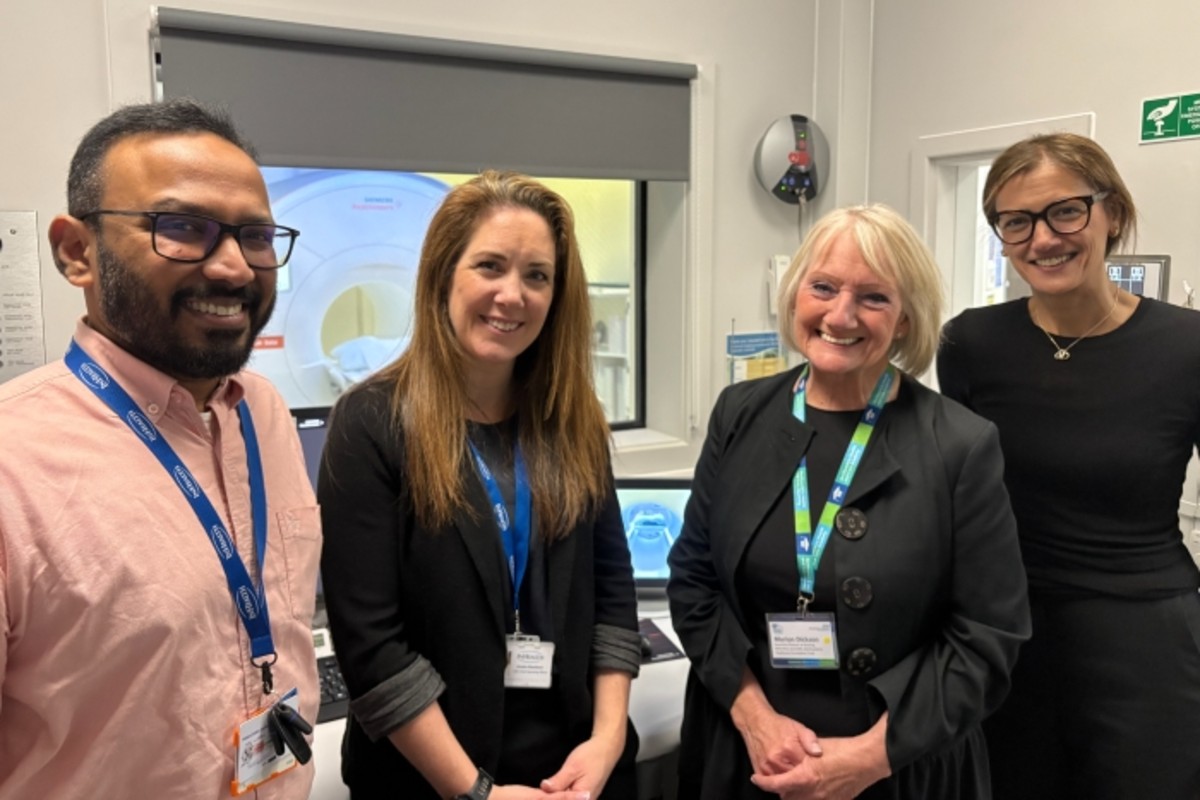The reports also highlight that family members are not always listened to when expressing concerns about a loved one's condition deteriorating. Each report examined individual cases of sepsis relating to different conditions – in one a patient with diabetes and a foot infection, in another a patient with severe abdominal pain and in the third report an older patient with a urine infection.
The investigations were carried out in a different way to HSSIB's usual approach. They are modelling patient safety incident investigations under the NHS Patient Safety Incident Response Framework (PSIRF) to boost local learning and help improve investigation quality.
The patient's experience is analysed in depth in each report, with input from the healthcare providers, individual healthcare staff, one of the patients and family members of all the patients.
While the reports are about different events, there were some common findings in relation to the recognition of sepsis:
- The reports reiterate the difficulty of diagnosing sepsis in its early stages and show how quickly person with sepsis can deteriorate
- All three reports demonstrate the importance of listening to a family's concerns about their loved ones
- Two of the three reports emphasise the importance of confusion as a sign that a person's health is deteriorating and the importance of involving family members in assessing changes in a patient's mental state
- All reports highlight areas for improvement that support the early recognition and treatment of sepsis. Although the areas of improvement were directed at the individual organisations involved in the patient safety incidents, the findings and recommended improvements offer valuable insights for all healthcare organisations and staff. These insights can help improve the identification and definition of sepsis when reporting patient safety events and investigating incidents where sepsis is suspected.
Melanie Ottewill, senior safety investigator, said: ‘These findings must be shared widely across NHS Trusts — both for the valuable learning around sepsis and as a model for patient safety incident investigations under PSIRF. Each report contains detailed analysis and practical insights, offering a significant body of learning for improving patient safety and conducting effective investigations.'
Dr Ron Daniels, founder and chief medical officer at the UK Sepsis Trust, said: ‘These reports provide a valuable reiteration of how quickly sepsis can develop, as well as a reminder of why it's so important to maintain consistent awareness of every sepsis symptom. It's critical too that members of the public feel empowered to act as advocates when their loved ones are unwell, and that healthcare professionals take them seriously.
‘We also need a commitment from health ministers on the development and implementation of a ‘sepsis pathway' - a standardised treatment plan that ensures patients receive the right care from the point at which they present their symptoms to a clinician through to receiving their diagnosis. By responding effectively and reliably to sepsis, our health service can save lives and improve outcomes for the thousands of people affected by this condition every year.'



